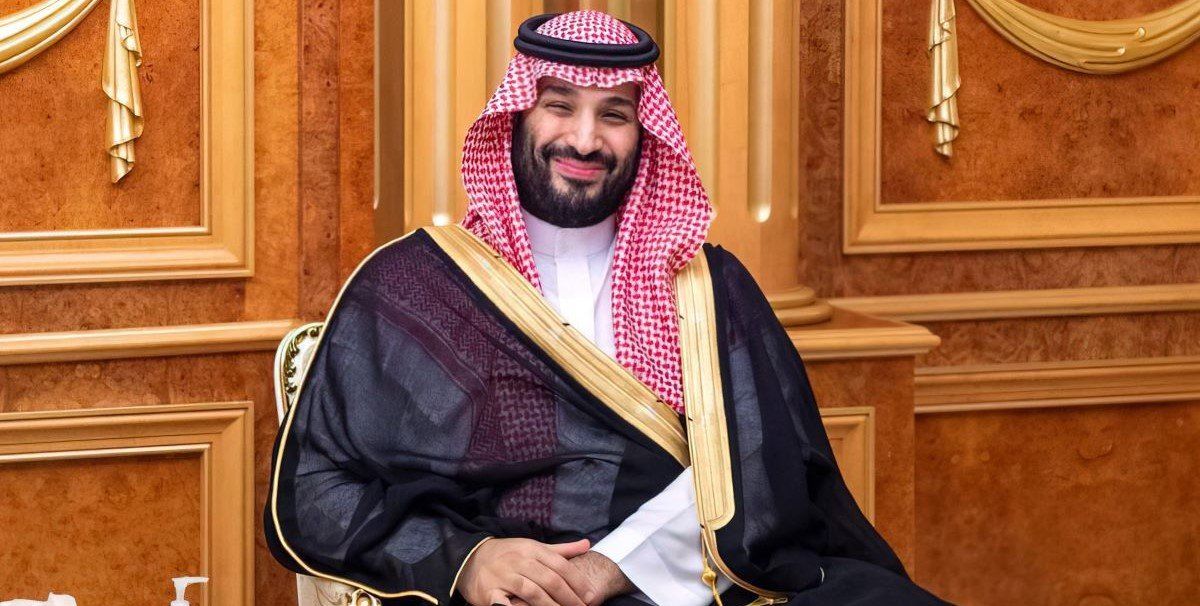After cutting Saudi oil production from late 2022 to set a floor under slumping global oil prices, Crown Prince Mohammad bin Salman is set to change course. Depressed crude demand from China and greater non-OPEC production, particularly in the United States, have kept prices low, despite the output cut. The Middle East superpower’s move also eroded its market share.
But beginning Tuesday, the Saudis (with seven other members of the OPEC+ group) will gradually pump2.2 million barrels more per day over the next 18 months in hopes of offsetting losses from an even lower oil price by increasing Saudi market share.
For the kingdom, this latest strategy also has drawbacks. The price of Brent crude dipped as low as $68 per barrel in March before closing the month near $75, and the production increase will likely drop the price even further. That matters in Riyadh because the kingdom needs a price of at least $91 per barrel to keep its state budget balanced, according to the IMF. That’s especially important at a time when the Saudis hope to spend big on the Crown Prince’s grandVision 2030 plan, a project in development since 2016.
Vision 2030 is an investment scheme to diversify the Saudi economy away from dependence on hydrocarbon energy exports – and to make the kingdom a more dynamic place to live and work. Last fall, the investment total reached
$1.3 trillion, according to real estate consultancy group Knight Frank, but lower oil prices have already forced delays to some real estate projects while downsizing others.
